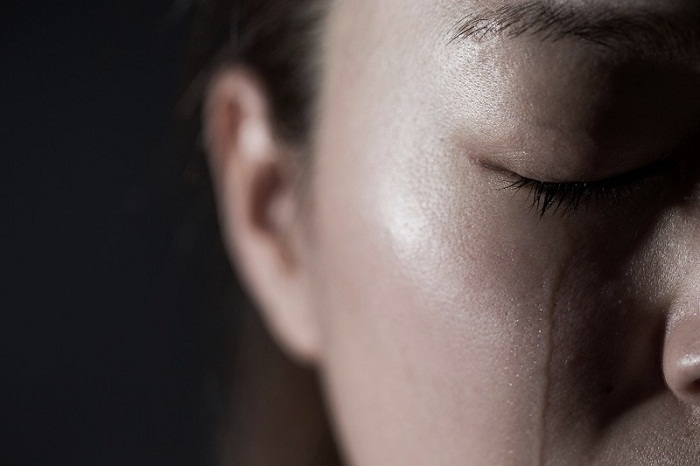The power of positive thinking has passed into folklore, helping to fuel a large self-help industry – not to mention people who like to post “inspirational” quotes on social media. Some cancer bloggers complain that common advice to “fight” their illness by staying cheerful can be unhelpful.
“Forcing optimism may have its own negative consequences,” says Gayle Sulik, who writes the “Pink Ribbon Blues” blog. “The emotional work to display optimism when a person does not feel it may add to stress.”
Happy yet?
To find out if there is indeed a link, Peto’s team conducted surveys with more than 700,000 UK women. At the start, they were asked questions about their health and how happy and relaxed they felt. A year later, the questionnaire was resent to a random sample of the women. Their responses suggested that most still felt the same as they did the year before.
Ten years later, after allowing for any initial disparities in health, there turned out to be no difference in death rates between those who saw their glass as half-full or half-empty.
“Obviously extreme stress can make people commit suicide or guzzle tons of chocolates,” says Peto. “But the stress or unhappiness itself doesn’t have a direct effect on health. We ought to be concentrating on real causes of illness, not imagined ones.”
More about:
















































